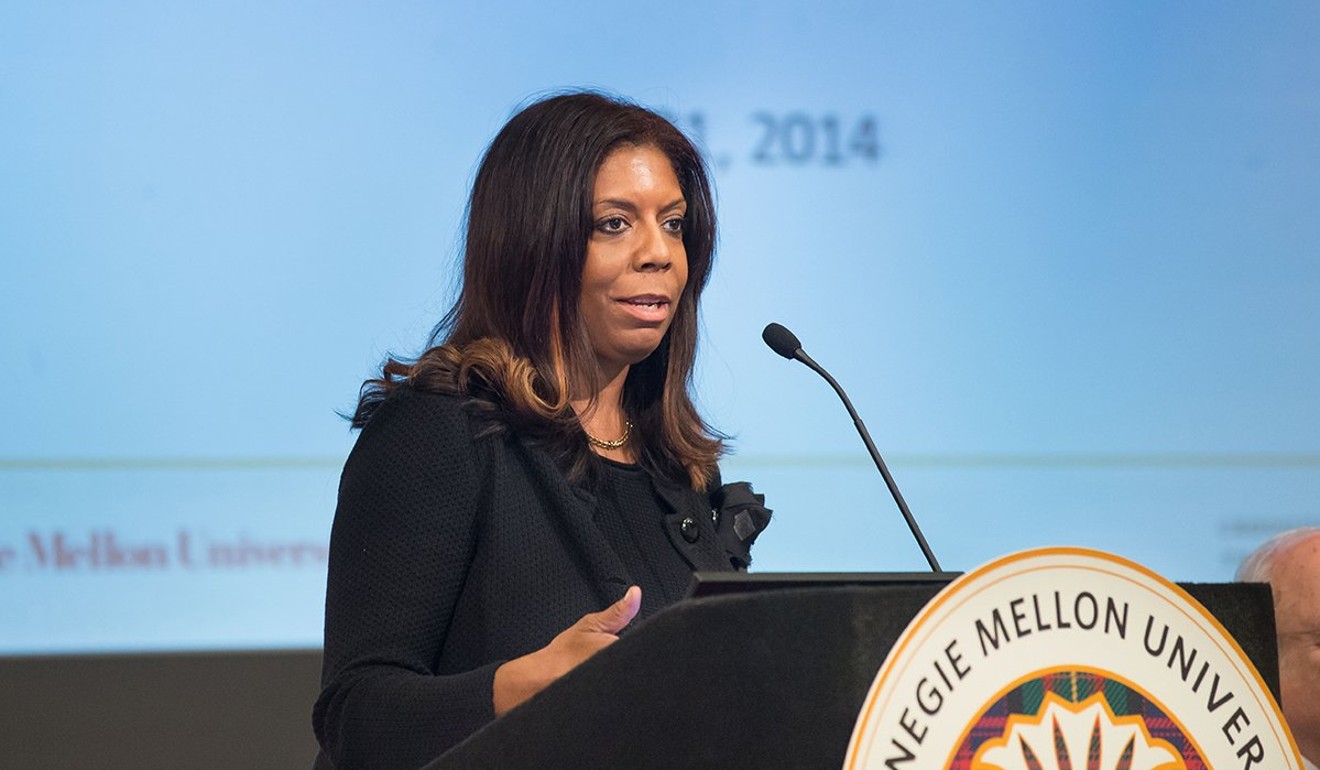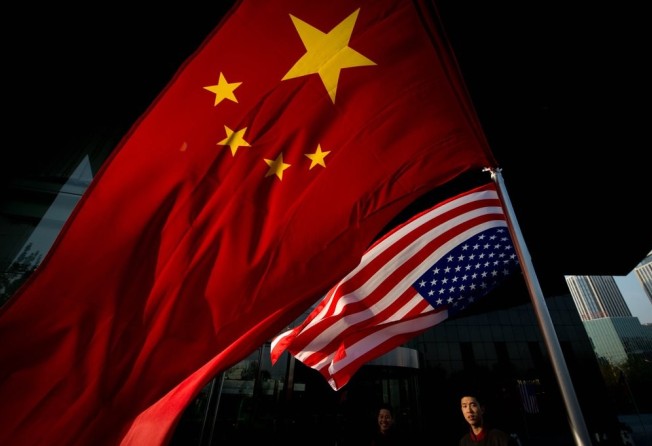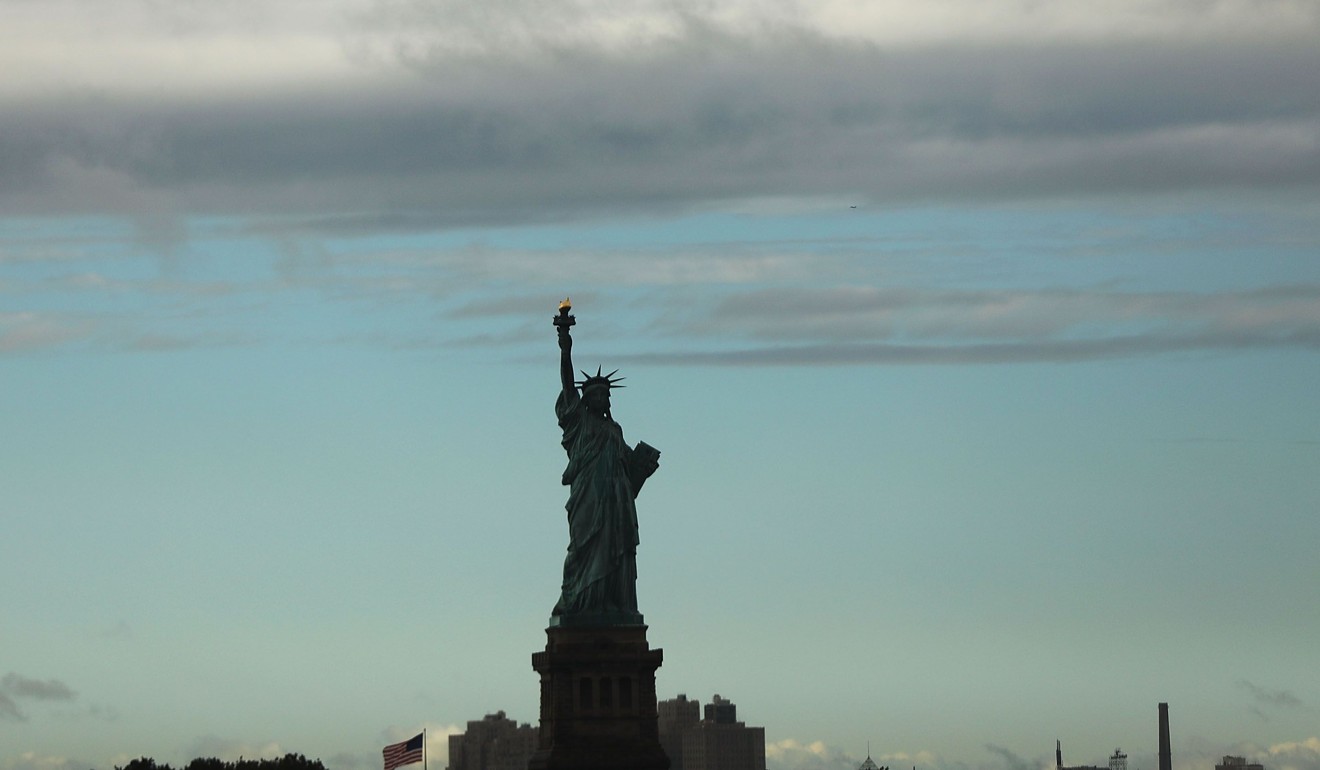
To avoid a clash of flawed but great civilisations, the US and China must address their own deficiencies and hubris
- China should exercise greater candidness and become a more open society, while America needs to confront its racial and ideological prejudices if they are to avoid the Thucydides Trap

Beijing recently hosted both the Belt and Road Forum and the Conference on Dialogue of Asian Civilisations, displaying to Asia and beyond China’s grandiose vision of harmonious coexistence among civilisations, in a community with a shared future.
In Washington, the drum is beating to a decidedly different tune: of tariffs and war, retaliation and containment. It is a call to arms, as America faces down and pushes back, a clear and present threat, not only to its near-term global supremacy but long-term viability.
Uncertainties and risk of conflict accompany any power transition. But in the US-China rivalry, aside from tipping into the Thucydides Trap, it could also fumble into a clash of civilisations. America, as the State Department’s director of policy planning Kiron Skinner puts it, is now locked in “a fight with a really different civilisation and a different ideology”. And pointedly, “a great power competitor that is not Caucasian”.

This is factually correct. The Sinic civilisation is distinct, and an ascending China is likely to colour the existing world order with some peculiarly Chinese characteristics. And this has, unfortunately, reignited the West’s primordial fear of the “other’. After all, the Chinese were the archetype non-white “other”, the “yellow peril” to the Western civilisation.
These baser instincts are complicating the current delicate geopolitical reconfigurations. And blame must be borne by both: first, a prejudicial America, and then, an inscrutable China.
A country of immigrants, the United States was opened to many, if not all. And this spirit of openness allowed the world to understand, though not necessarily to affirm, all things American. But America, the land of the free, has blind spots.
Bound to historical determinism, Americans believed that liberal democracy is the pinnacle of human political progress: the end of history. And captive to a unipolar world view, they assumed sole leadership of the free world, as a manifest destiny.

The Americans’ dogmatic single-minded convictions led to a disregard for alternatives, and an indifference towards the wider world. Thus, while the world understood America, Americans have little appreciation of or understanding of the world.
The American sense of exceptionalism is rooted in Christian exclusive theology. But against Christianity’s universal love for humanity, the US remains in the bondage of its original sin, racism. The white man’s burden still afflicts America’s domestic body polity and, in its latest manifestation, discolours Washington’s foreign relations.
Together, these dogmatic prejudices are blinding America to new possibilities, where “others”, including the likes of China, could have a constructive, co-equal role in shaping humankind’s common destiny.
Like America, an air of superiority permeates China’s demeanour. But, unlike the Christian West’s exclusive, one-way only theology, the Confucian East espouses an inclusive, many-ways world view.
As such, with the exception of some incidental conflicts along its borders, the Middle Kingdom rarely imposed itself upon the rest. In fact, for much of its history, imperial China was a reclusive power and preferred to be left alone.
The Chinese dynasties’ reputation as reserved and relatively benign powers has its downsides. The Middle Kingdom hardly initiated contact with and had scant interest in the outside world. Over time, this detached aloofness bred self-conceit, giving rise to Han chauvinism, contravening the Confucian humanistic ethos. And for peoples beyond the Great Wall, ancient China was a vibrant yet impenetrable, even condescending, civilisation.
In 1978, modern China undertook the historic steps to break out from its bubble existence.
Now, Chinese are venturing abroad, in unprecedented numbers, to study and learn, especially from the West. At home, China is opening up, hosting international gatherings like the recently concluded Belt and Road Forum, and the Conference on Dialogue of Asian Civilisations.
These are important developments, but more is needed. The Great Firewall, for instance, still denies most Chinese a full picture of the outside world. And, for most of the world, the efficient but secretive party-state machinery foments suspicion rather than instilling confidence. For many, China remains inscrutable. And fear of the unknown is no doubt fuelling the prevailing narrative in the West that China is an existential threat.
Beijing has to work harder to reassure the world. And this is best achieved if China stays the course on transforming itself into a more open society, with a transparent social-political order.
The 21st century is drifting into uncharted waters, as two great, but flawed, civilisations meet at the crossroads of history. Both are plagued by deficiencies and hubris. China has to exercise greater candidness towards the outside world. America, on the other hand, must confront its demons of ideological and racial prejudices. By so doing, the fate of humanity is less likely to stumble into the dreaded Thucydides Trap and the clash of civilisations.
Peter T. C. Chang is a senior lecturer at the Institute of China Studies, University of Malaya, Kuala Lumpur, Malaysia